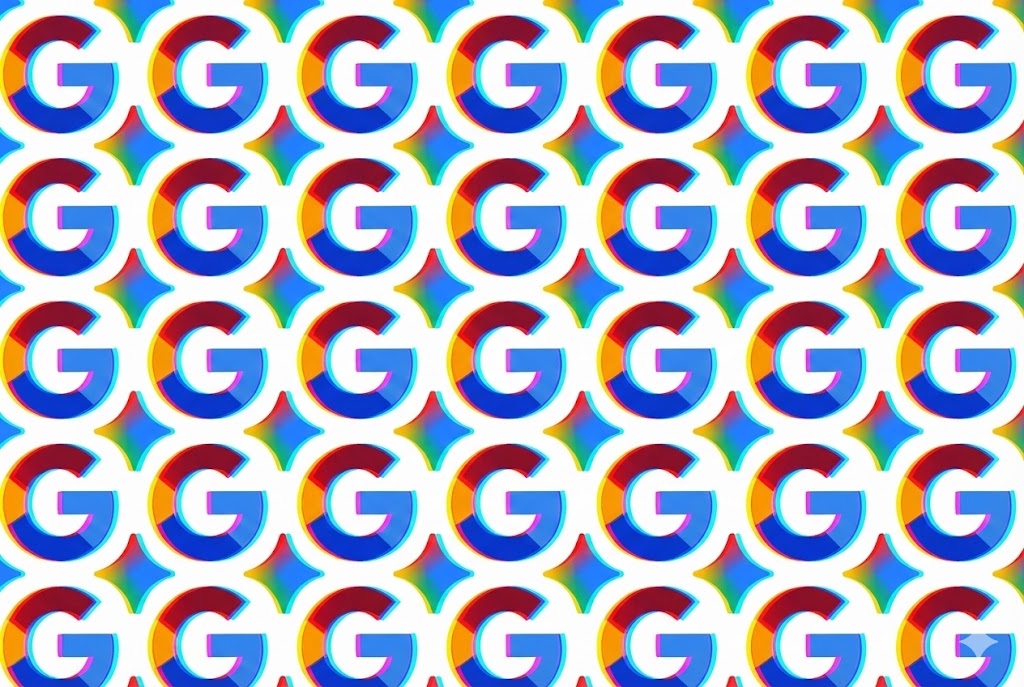A study of mental health conversations with ChatGPT, Claude, Gemini, and Meta AI: they often failed to recognize signs of conditions and offered general advice (Georgia Wells/Wall Street Journal)
NegativeArtificial Intelligence

- A recent study highlights the shortcomings of AI chatbots in recognizing mental health conditions, revealing that tools like ChatGPT and others often provide generic advice instead of specific support.
- This finding is significant as it underscores the potential risks of relying on AI for mental health assistance, particularly for teenagers who may be seeking help during critical developmental stages.
- The broader implications of this research reflect ongoing debates about the reliability of AI in sensitive areas such as mental health and finance, where inaccuracies can lead to harmful consequences.
— via World Pulse Now AI Editorial System






